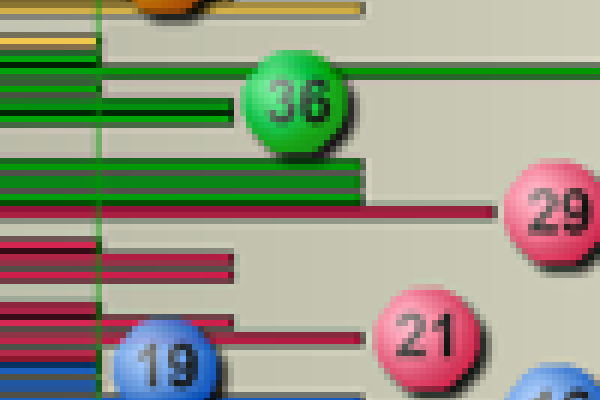Article

Understanding uncertainty: A league table lottery
League tables are controversial and for good reason. Few things are simple enough to be measured by a single outcome like, for example, the number of exam passes or successful heart operations. But even if we do accept a single yardstick, we haven't yet reckoned with chance, which by itself can produce apparent patterns to delight any tabloid editor.
